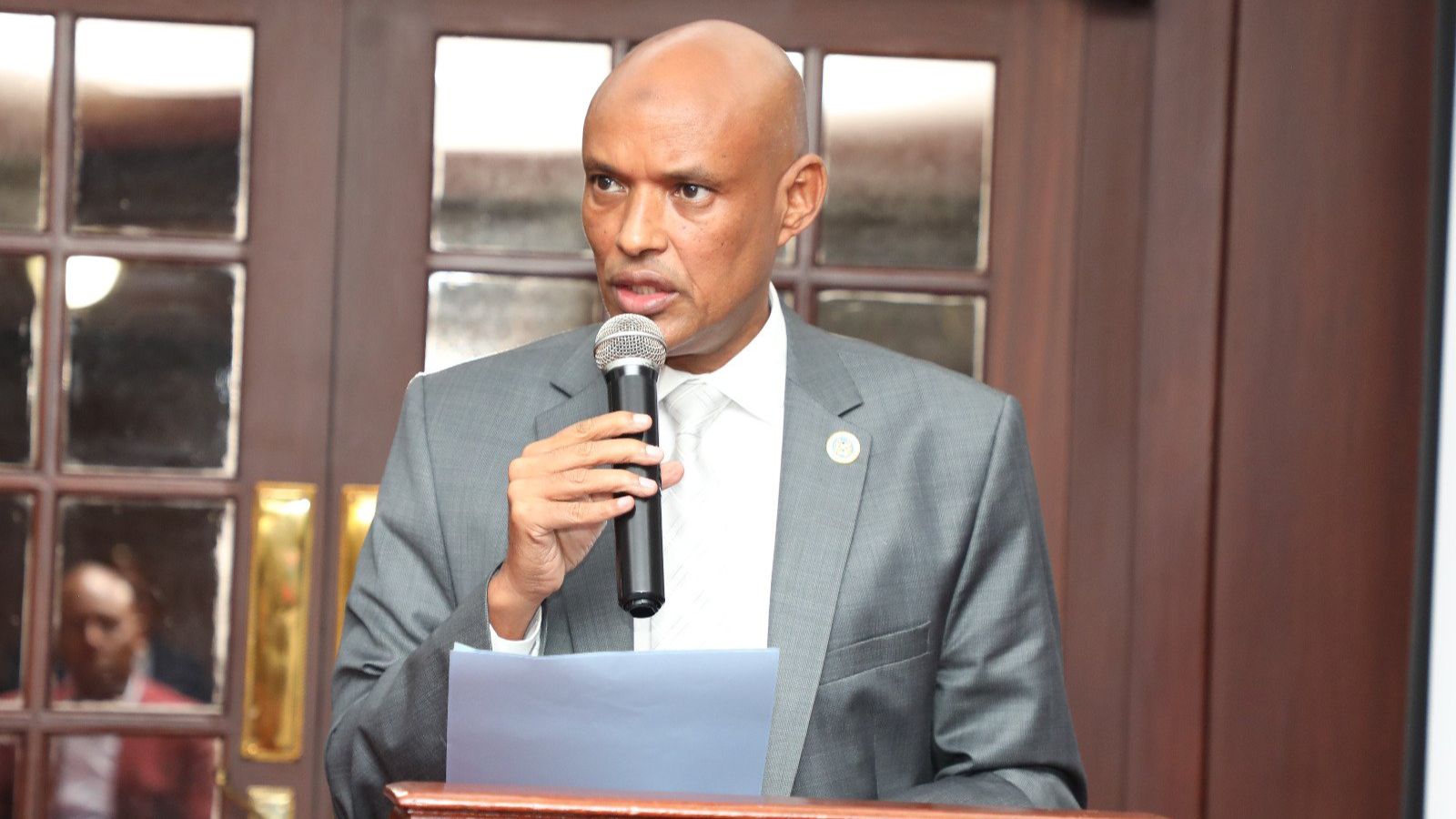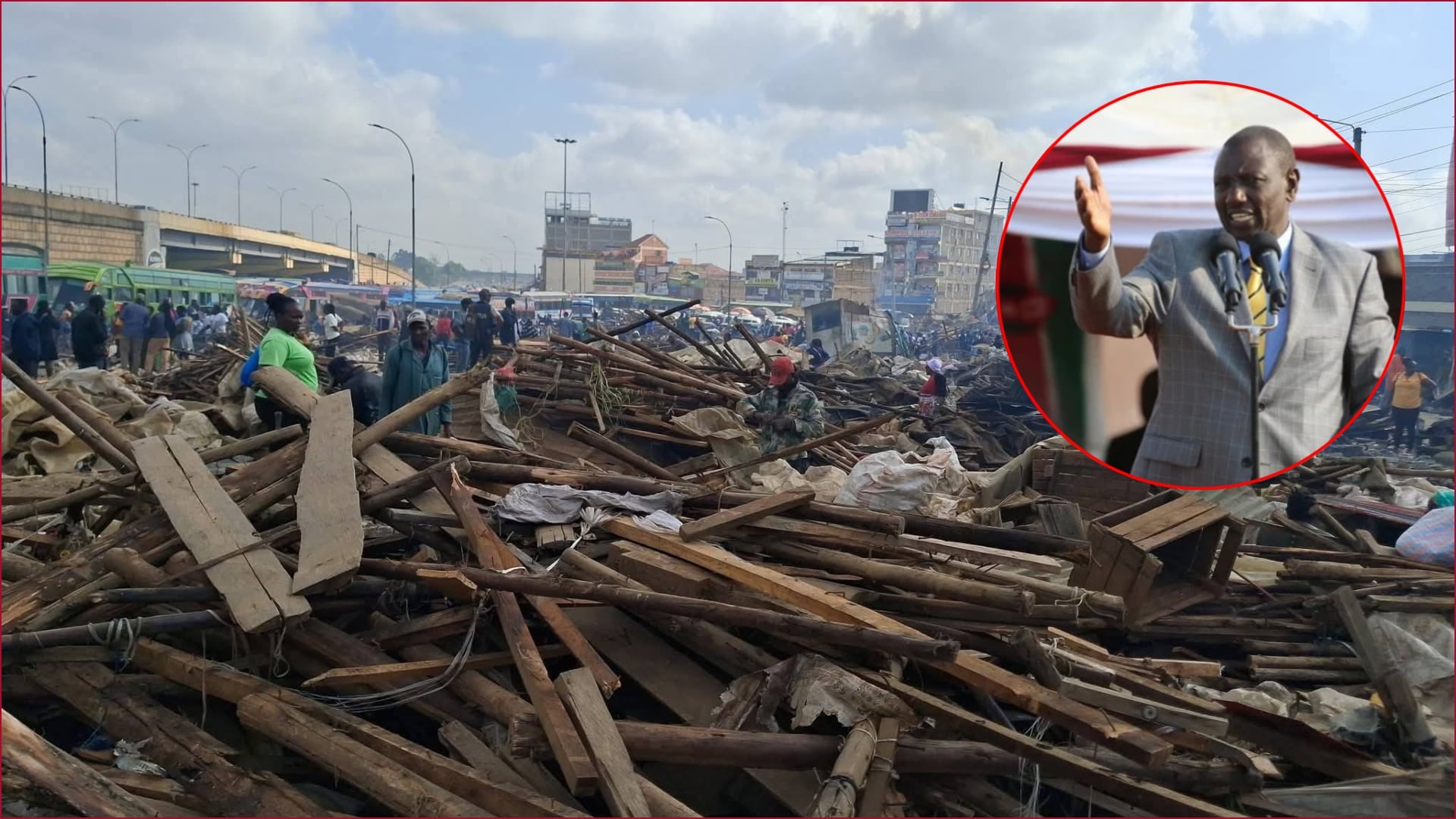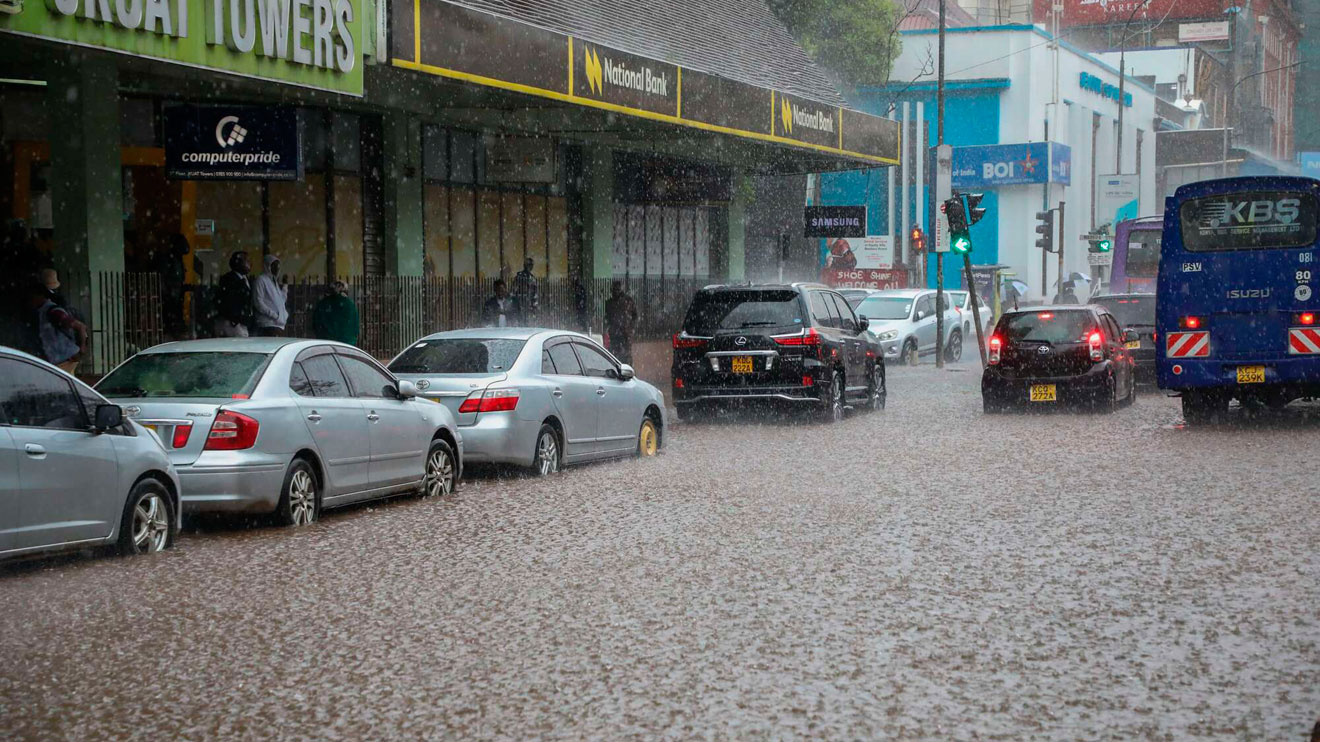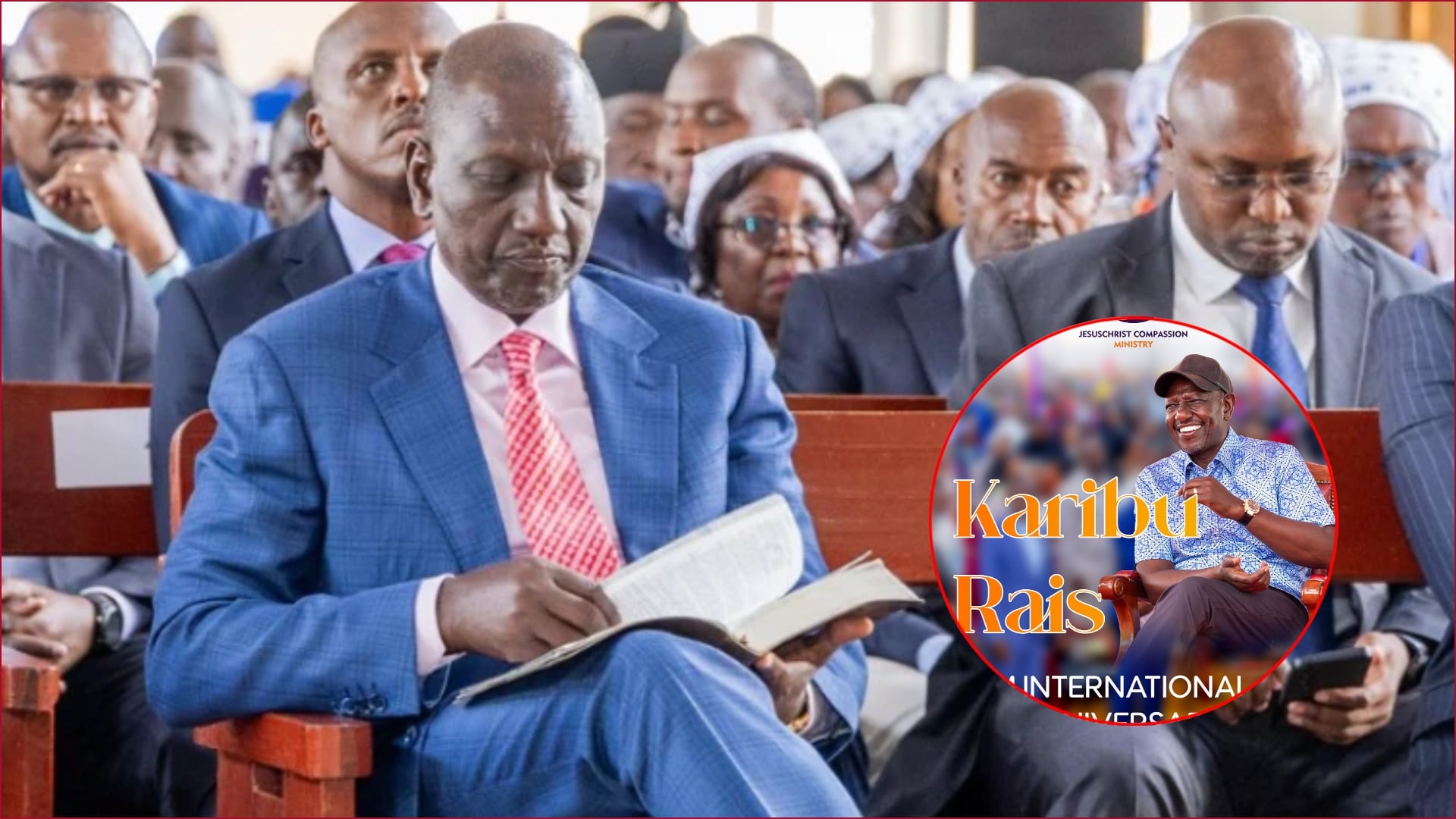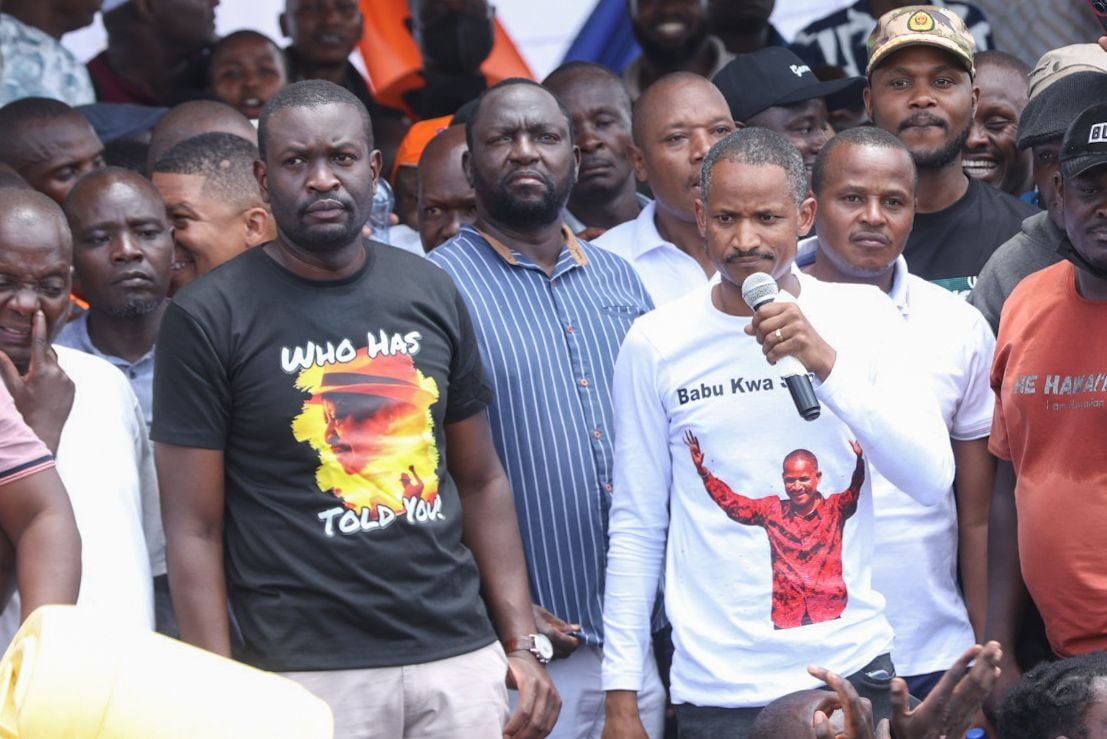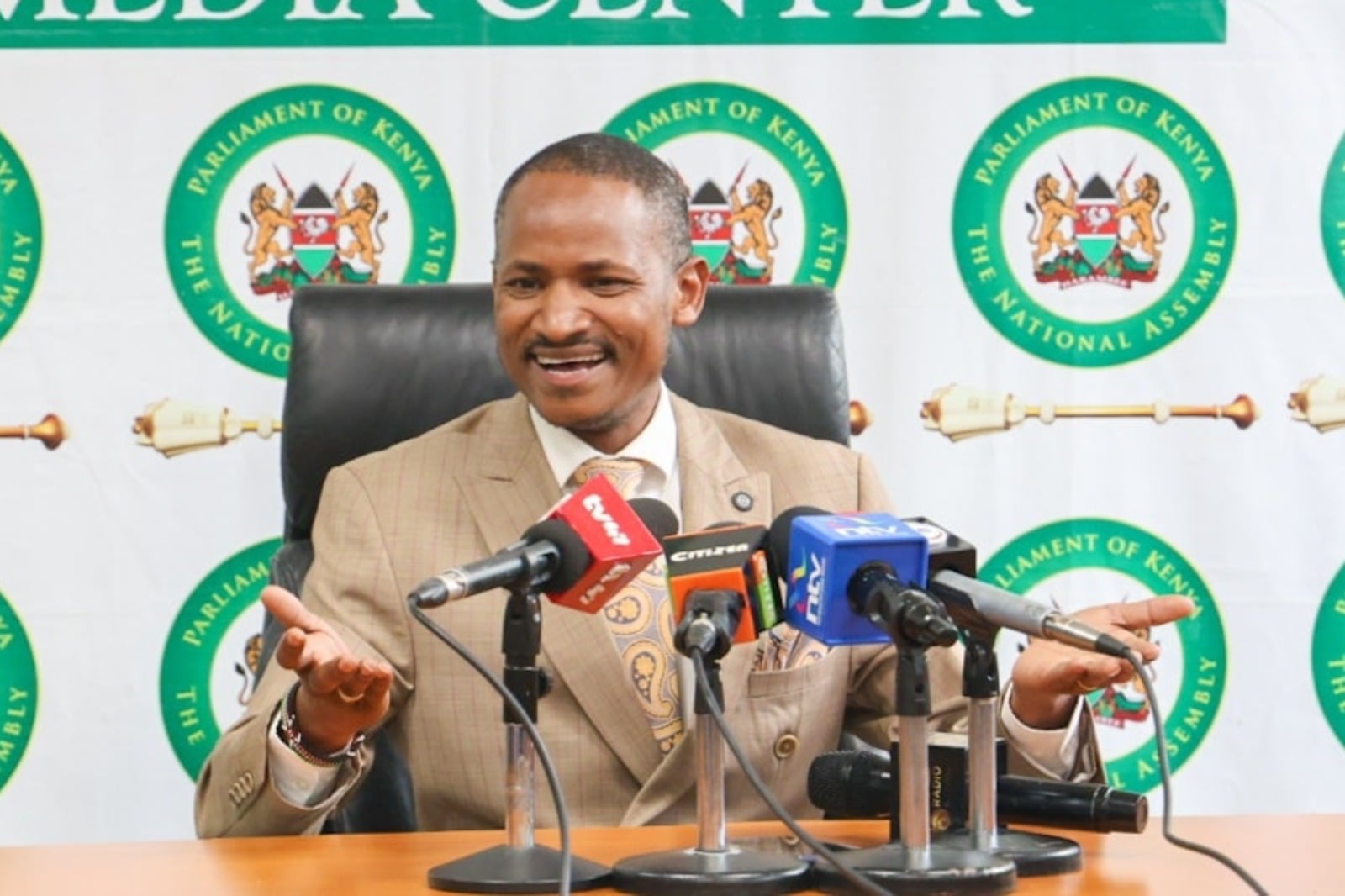The Director of Criminal Investigations (DCI) Mohamed Amin has explained the reasoning behind the transfer of Albert Ojwang from Homa Bay to Nairobi.
Speaking in the Senate on Wednesday, June 11, Amin said Ojwang’s transportation was in accordance with the law, pointing to the guidelines provided by the Criminal Procedure Code (CPC).
"The Criminal Procedure Code (CPC) Section 71, Cap 75, is very clear on the place of trial and jurisdictions; the ordinary place of trial for an offense is determined where the crime was committed.
"For this particular matter, the offense was committed in Nairobi but the arrest was done in Homa Bay County. That is why Albert Ojwang had to be driven all the way from Homa Bay to Nairobi,” he said.
Amin further elaborated on the complexities surrounding cybercrime, noting that such offenses are not confined to a specific location and are considered to have national jurisdiction.
Read More
“You may also wish to know that offenses of cybercrime have a national jurisdiction as there is no way to specify the place it has been perpetrated; it is a crime that can be committed even when someone is on a journey,” he added.
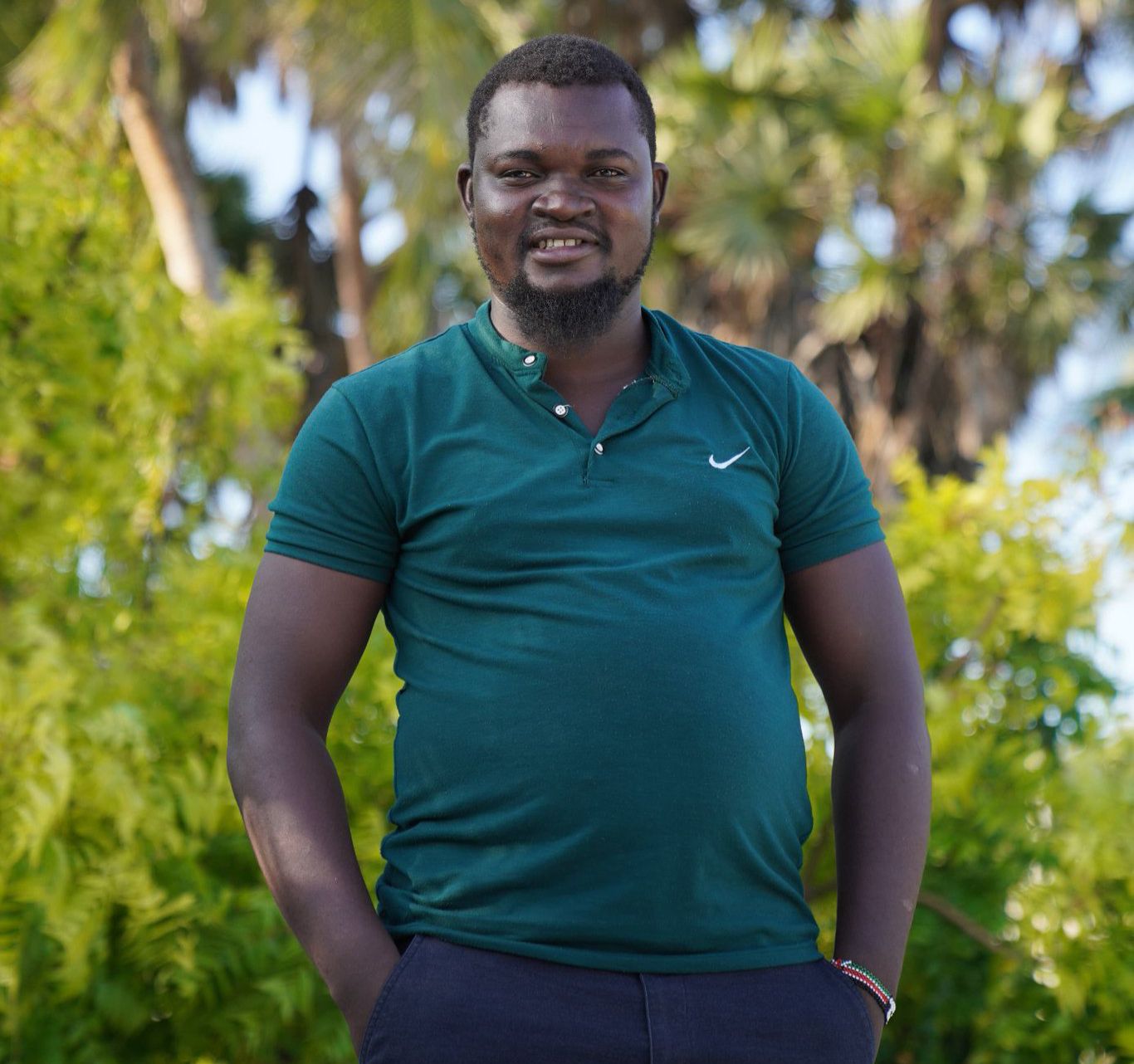
Elsewhere, while also appearing before the Senate, Interior Cabinet Secretary Kipchumba Murkomen responded to calls to have the Deputy Inspector General (DIG) of Police, Eliud Lagat, step aside following the death of Albert Ojwang.
The CS noted that due process must be followed and that his office will not interfere with independent investigations.
"This is an ongoing investigation. To the best of my knowledge so far, the only information that we have is that the Deputy Inspector General took the step to report what he thought was a crime committed against him. Nobody has told me whether investigations lead to a particular result; whether it is to protect him, exonerate him or to charge him," he said.
Murkomen made it clear that the responsibility to investigate and take appropriate action lies with independent oversight bodies, not the ministry.
"It is not my responsibility; that responsibility rests with the Independent Policing Oversight Authority (IPOA). As the CS, I will not play a role in pushing for a particular person to be charged or exonerated; the evidence must lead to the suspect, and when we are going after anybody, it must be based on evidence. Otherwise, if you lose that rule of law, everyone will be taking advantage of such occasions to do the same," he added.
